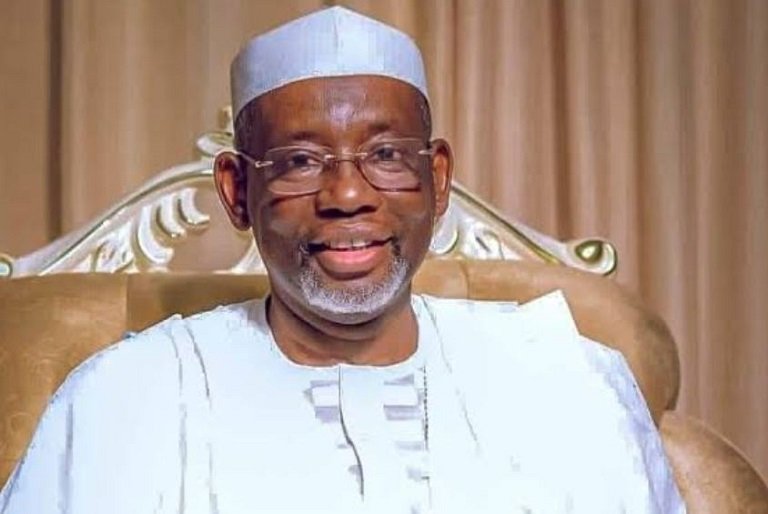
Mr Oscar Onyema, Nigeria Stock Exchange (NSE) Chief Executive Officer, has predicted that Nigeria’s economy would recover from recession in 2017 with a modest Gross Domestic Product (GDP) growth forecast of 0.6 per cent.
Onyema stated this at the NSE 2016 Market Recap and Outlook for 2017, in Lagos, on Thursday.
He expressed optimism that the nation’s economy and the equity market would rebound in 2017 with the right economic policies and strategies.
He said that the economy would be driven by vigoorous fiscal policy implementation with focus on articulation of desired goals.
He said that lower rates of disruptions to oil infrastructure from resolution of the Niger Delta conflict would increase foreign exchange inflows.
Onyema added that rise in crude oil prices above the Federal Government’s budget benchmark of 42.5 dollars per barrel and positive impact of the war against corruption would enhance investor confidence.
“We are cautiously optimistic, as consensus estimates suggest a moderate recovery for Nigeria in 2017, provided that policy makers implement the right combination of policy measures,” Onyema said.
He assured investors that the exchange would promote its unique value proposition to both global and domestic investors to increase market activities.
“Monetary policy will continue to play a vital role in determining activity in the market,” he said.
Onyema said that the exchange would work with policy markers to drive policies that would free up the system and promote ease of doing business in Nigeria.
The chief executive officer called for an incentive schemes for sectors of the economy that could support export for enhanced foreign exchange earnings.
According to him, systematic removal of impediments to doing business and reduction of leakages will attract private sector investments.
He explained that the NSE would focus on achieving its goal of becoming a more agile and demutualised exchange in future.
Onyema added that the exchange would also hasten efforts toward developing innovative products such as exchange traded derivatives to provide investors with tools to better weather economic realities in 2017.
He gave the assurance that the NSE would enhance its cross-border integration efforts via African Securities Exchange Association (ASEA) and African Capital Market Integration (WACMI) programmes to enhance capital market liquidity.
“We will also continue our engagement efforts with the government to promote the listing of privatised state-owned entities as well as engage with the private sector issuers for listings across all of our product categories,” Onyema stated.
On the market performance in 2016, he said that the NSE Industrial Index recorded the steepest drop of the year, dropping by 26.37 per cent due to severe difficulties faced by companies in accessing capital for imported raw materials.
Onyema stated that the NSE All-Share Index in 2016 dropped by 6.17 per cent to close at 26,874.62 compared with 28,642.25 posted in 2015.
He added that NSE 30 index decreased by 7.18 per cent to close at 1,195.20 in contrast with 1,287.67 in the corresponding year.
The News Agency of Nigeria (NAN) reports that equities market capitalisation lost 6.12 per cent to close at N9.225 trillion against N9.859 trillion in 2015.
Total market capitalisation dipped 4.81 per cent to close at N16.185 trillion in contrast with N17.003 trillion in the preceding year.
NAN











